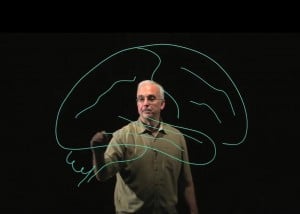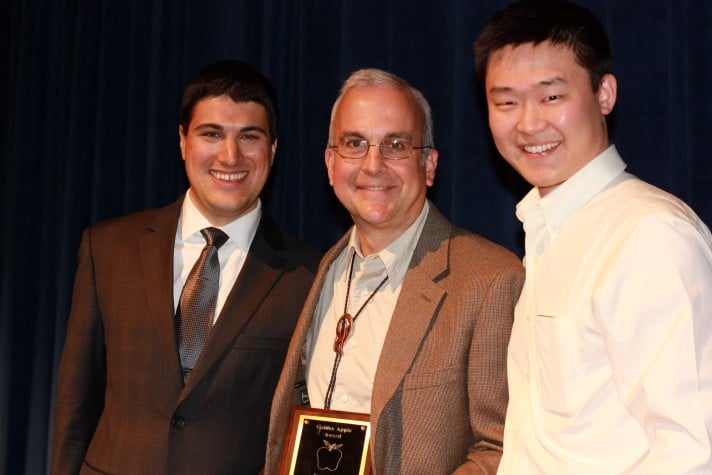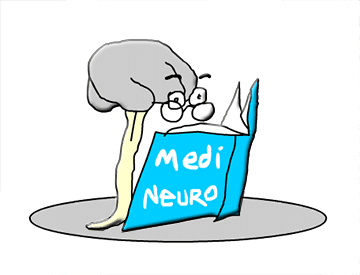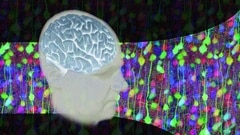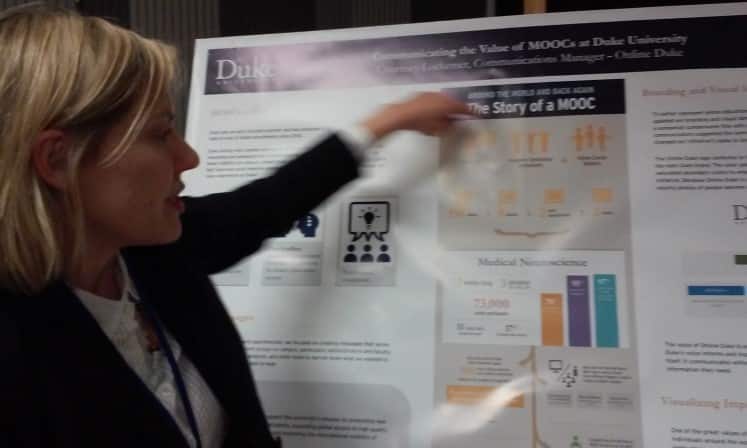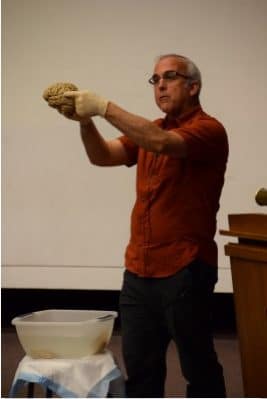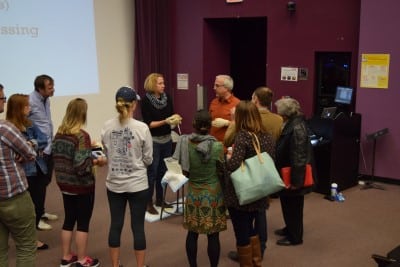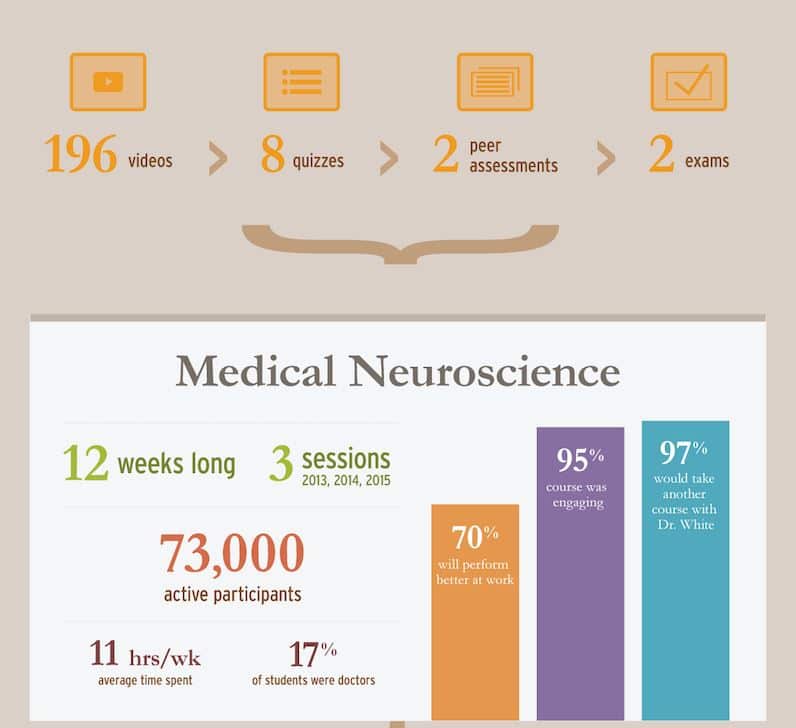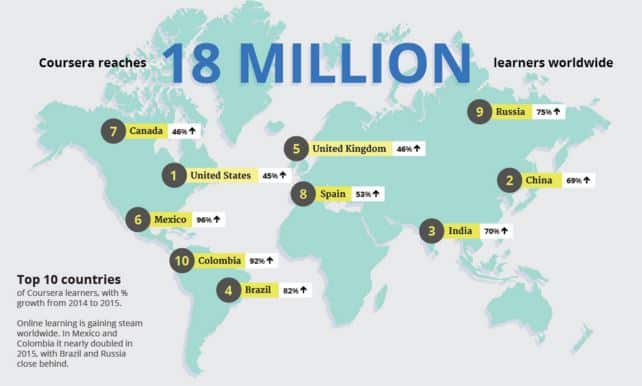by Claire Smith – Community Manager Community Team at Coursera
Mentors and the learning community
One of the most obvious differences between the in-person and online learning experiences is the communication between learners. Social interaction is an important aspect of learning. Therefore online courses have replaced the classroom with forums, as a way of providing that much needed social element.
Another challenge of MOOCs is that the instructor simply cannot provide support to thousands of learners all at once. This, again, is a place where forums can really help.

At Coursera we found that simply providing a space for learners to interact and help one another was not always enough. There often needs to be a spark that seeds the discussion. Also, some reassurance that someone is there to respond is welcome. Forums need moderation to make sure the forums remain a safe and welcoming space for all.
Therefore we reached out to our community, to our learners who were already the most engaged, and those who had done really well in their courses. We invited them to volunteer as Mentors. We were, and continue to be, overwhelmed by the positive, enthusiastic response and the supportive community which formed as a result. We’re thrilled to be able to continue expanding the program to support more and more courses! Continue reading “Community Mentors for MOOCs”
